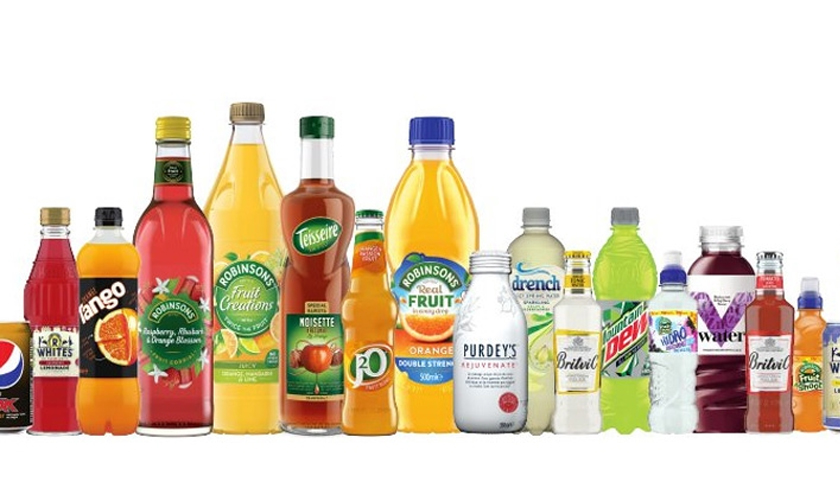Boat cables: what do I need to know?
Electrical installations close to the sea, equipment and vessels that suffer the incidence of sea air are more susceptible to problems such as short-term deterioration, lack of conductivity and, consequently, breakdowns that compromise the safety of maritime activities.
The most suitable cables for vessels to minimize the effect of the sea breeze are the tinned ones, whose composition and technology are suitable for long periods in electrical installations in these regions. Despite this, they are not very well known cables and are replaced by common cables.
In this article, we bring some information about cables for boats and some aspects that must be considered to avoid any problem or accident. Check out!
What is the best cable for boats?
Traditional copper wires suffer from salt air: they are susceptible to corrosion due to infiltrations that oxidize their filaments and cause the loss of their conductivity. This prevents important marine equipment from functioning as the conducted voltage can also be compromised.
More serious problems, such as shipwrecks, can even occur as a result of this oxidation, mainly because the equipment responsible for pumping the water stops working due to electrical failures.
For this reason, all nautical electrical circuits must consist exclusively of tinned cables, a copper cable with special treatment, which undergoes a chemical reaction with tin to ensure more mechanical resistance and against the sea air.
Traditional copper cables, as already discussed, suffer enormous loss of conductivity, caused by corrosion and vibration, even after a few months of application in electrical installations in the marine environment.
Corrosion is the result of infiltration into connectors and insulating material, but tinned cables, also called “marine grade” are dimensioned to operate in adverse environments ―with incidence of oil and humidity―, they are more flexible, impermeable and have greater resistance material fatigue, mainly because:
- twisted copper filaments are used;
- manufactured with class 5 soft temper;
- they have more filaments than other cables;
- its external cover is made of PVC, which supports 105o C, unlike the other cables that support 70o C.
There is no doubt about its applicability in a marine electrical system, despite this, people choose cables for traditional vessels that have a lower cost, about 30% of the value of tinned cables.
It is necessary to consider that the lower cost obtained by the use of common material can become a big headache, as they are subject to problems that increase the harm of people who fail to prioritize the use of adequate and quality material.
Tin-plated cables are ideal for vessels, in addition to composing the complete infrastructure, professional help is needed to define the most reliable brand, the amount of wire and gauges needed, in addition to the most critical splices, which must be insulated with liquid insulation and tubes. term retractable.
Never fail to check the technical specifications of the material chosen, as well as ask for professional help to ensure the effectiveness of your installation. It is necessary to choose the most reliable brand and products that allow the same conditions as when they were installed. It’s also very important to have safe waterproof wire connectors so all your boat wiring will be protected when connected to each other.




